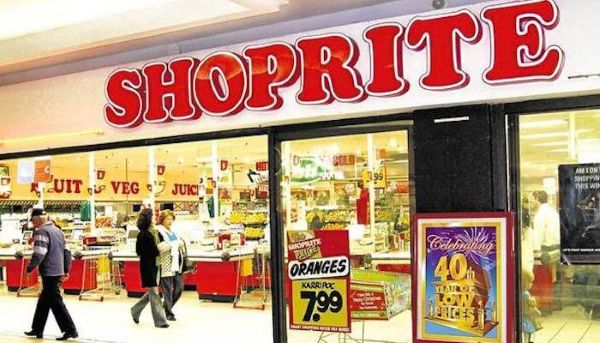Shoprite Holdings, one of Africa’s most recognized supermarket chains, is officially wrapping up operations in Ghana after 20 years of business. The South African retailer confirmed on August 5, 2025, that it had received a firm offer to purchase its entire Ghanaian business—including seven retail stores and a major distribution hub.
The sale, first proposed in June, is expected to go through soon, forming part of Shoprite’s ongoing retreat from African markets outside of its home country. The company is in the midst of a broader restructuring, refocusing efforts and resources on South Africa, where it continues to generate the bulk of its profits.
The announcement coincides with a similar move in Malawi, where Shoprite signed a deal on June 6 to offload all five of its stores. That transaction is still awaiting clearance from Malawi’s financial and competition regulators.
Once a dominant force in African retail with operations across 15 countries, Shoprite has been steadily pulling back in recent years. Its earlier exits from Nigeria, Kenya, Uganda, Madagascar, and the DRC were all triggered by economic instability, currency risks, inflation, and excessive import-related costs that made running stores outside South Africa increasingly unsustainable. Leases pegged to the U.S. dollar further squeezed profits.
In Ghana, stiff competition from emerging local and regional players compounded existing logistical and operational issues, prompting Shoprite to scale back its foreign footprint. Capital previously earmarked for international branches has been redirected to strengthening its South African operations.
Despite its exit plans, Shoprite remains upbeat about its core performance. The company is forecasting headline earnings per share to rise by up to 19.4% for the financial year ending June 29. Total sales from ongoing operations are projected to hit 252.7 billion rand, roughly equivalent to $14 billion.
Following the exit news, Shoprite’s stock saw a 2.6% drop on the Johannesburg Stock Exchange during Tuesday morning trading.
